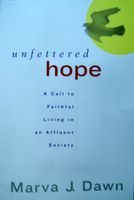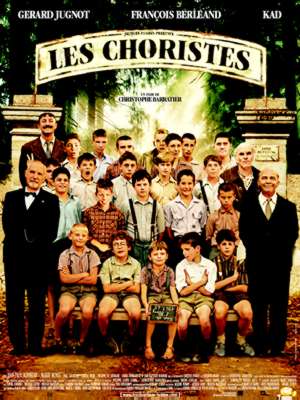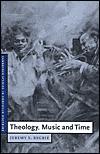Sorry for the previous theorizing and its labour. But now to turn to the metaphoric use of Jazz that seems to be increasing for the church emergent.
I confess I like it and delved into organisational science to discover a debate going on for some time now in regard to this metaphor and it’s usefulness in organizations generally.
I’ll come back to this another day. But what at the outset I think is striking are the genres of improvisation and the degree of improvisational structure in each shift.
Classical- Minimal = functional hierarchy – formal structure, linear, rigid
Trad. Jazz/swing – constrained = process, flexible
Bebop – extensive = network, complex and structured, organic
Postbop – maximum, new content and structure emerge = functional anarchy, emergent, spontaneous, mutually constructed conversation, chaotic
(see Michael Stack “Jazz Improvisation and Organizing” in Organisational Science vol11/2 2000, pp 227-234)
Within this framework, perhaps we find ourselves in the midst of a conversation throughout the Church at this time between similar genres or in a transition/paradigm shift. I would dare suggest then that missionary thinking has engaged the church with some constrained impro. of
Jazz/swing which significantly moved us beyond classical. From the tradition I know, it seems tome that Trad Jazz/Swing fits. There has been room for some fresh impro. with constraint and new flexible structures have been taking shape. Basically impro. here allows for a degree of marginal differences but it is all kept within the bounds of the larger scheme of ‘expected behaviours’.
::
I also would say that church planting, (and perhaps the likes of cell/house church,etc) have in recent decades given rise of more extensive impro. And are more your
Bebop genre with emphasis seen on networks of relationship, organic growth changes but still having complexity of structures. Bebop utilized the ‘bad’ notes of swing to create new interesting harmonies. I take this to reflect the
bricoleur-like approach of utilizing whatever is to hand and making something of it.
::
But I dare to suggest that what we are now seeing through the breadth of emergent, Alt. Worship (and those who say they have ‘left church’ and those who argue that they still care but want the newer stuff ) is more
Postbop – where the basic structure of a tune was not fixed, the structures themselves could be improvised so – notes, structure, harmony emerge spontaneously. Though I dare say even these postbop musicians had a previous background in jazz /swing. This was truly though ‘
playing outside’ the norm the box, the accepted structures. It was walking the wire without a safety net. However, even here there is emphasis on rehearsal – playing the same old tunes, same old chord changes, does provide the ability to spontaneously create embellishment... further in relation of this to organization, Zack says, “
it requires practicing communication that builds a deeply shared language, worldview and an understanding of the group’s purpose, mission, and belief system, one part of which is to abhor complacency…” there is a need to have openness to new ways, a need to suspend judgement and even interpretation to accept the apparent anarchy, noise, and confusion that may merely represent unfamiliarity rather than chaos. Hence with a postbop emergent view there is much that is spontaneous carries maximum freer improvisation in which everyone is reacting and listening and thinking ahead to everyone else, connected in interactive ‘
conversation’, (perhaps this is a significant part of emergent) which has infinite possibilities and so the group may never find resolution or return to the original point…


1.jpg)
.jpg)













